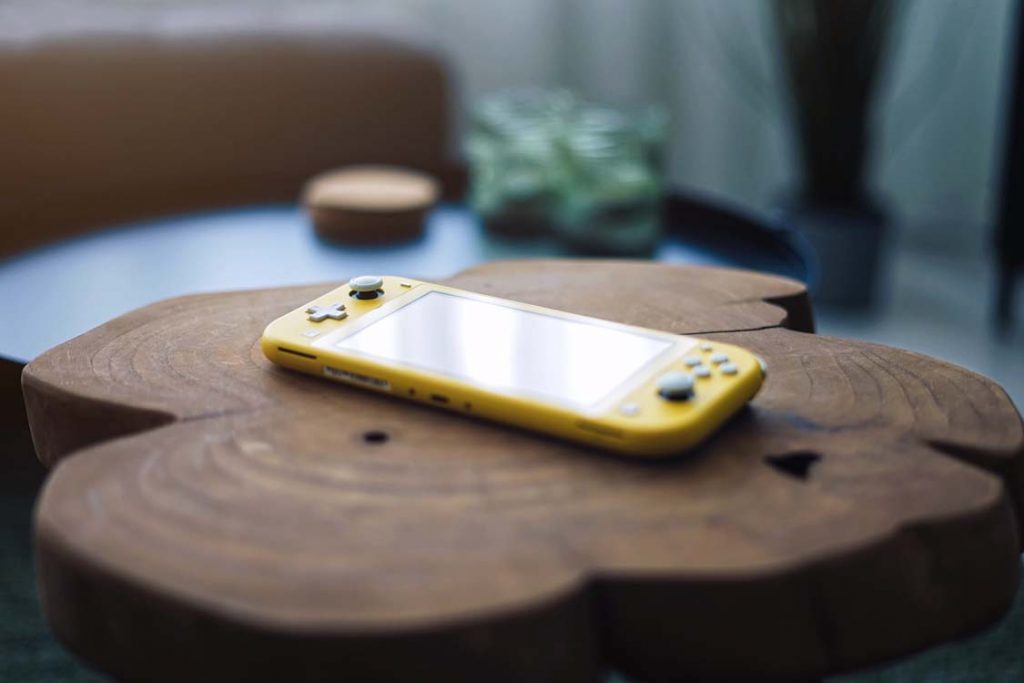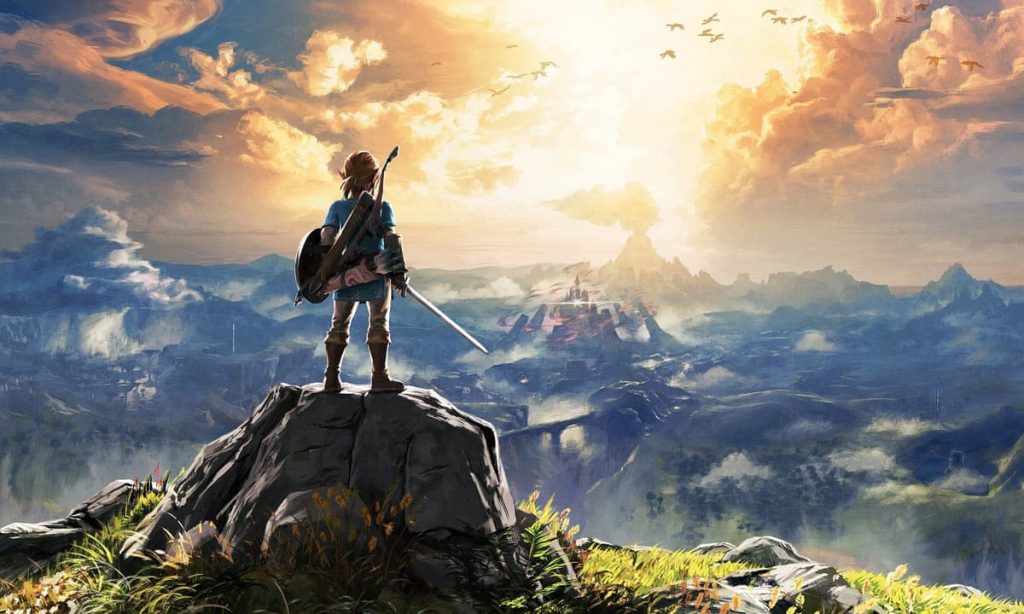In The Legend of Zelda: Breath of the Wild, players learn to try, fail, and try again

Failure isn’t my strong suit. Anything remotely challenging triggers my fight-or-flight response, and in most cases, I will fly rather than fight. This mindset is not only detrimental to my wellbeing, but it also prevents me from progressing at things I’m actually interested in. To this day, only one tool helped me tackle my inability to handle failure healthily: video games.
We all deal with failure differently. There are as many stories about overcoming personal challenges through video games as there are people playing them. For that reason, some will find competitive games stimulating while others cannot handle the pressure. One game in particular takes the focus out of winning and can help you change the way you handle failure: The Legend of Zelda: Breath of the Wild.
Breath of the Wild changed my life, giving me the freedom to do things in whatever order I wanted and still call it progress
BOTW is a vast open-world game for Nintendo Switch, and in my opinion, it is the ideal environment to experiment with failure. When you start the game, your character is so weak and vulnerable to attacks that any enemy can defeat you in one hit. On top of that, the game doesn’t provide you with in-depth guidance, so it’s up to you to figure out most mechanics. For an inexperienced player like me, this was soul-crushing, and after a dozen tries to kill a monster with no progress in sight, I started to get fidgety and apparently frustrated. I was about to call it quits when my partner asked why I wasn’t exploring another part of the game before coming back to this one since it was visibly too hard for me at the moment. After all, the game didn’t ask me to follow a linear progression, it was up to me to decide where to go and what to do.

(Photo PR Company Handout via The Guardian)
Breath of the Wild changed my life. It afforded me the freedom to do things in whatever order I wanted and still call it progress. Where most games (and many things in life) require you to sit through failure after failure to overcome a trial, BOTW’s mechanics encourage creative solutions to problems rather than rewarding formulaic gameplay. It also doesn’t use failure as punishment, making it a consequence-free environment to learn at your own rate.
As someone who struggles with failure, BOTW helped me accept three facts:
- Progress is not a linear thing
- Failure doesn’t mean I’m doomed to be unsuccessful forever, therefore I should avoid it at all costs. Failure is just telling me I’m not ready yet, and that it’s okay to come back when I am
- There is more than one solution to every problem. As someone who suffers from mental health issues, this helped me accept that if route A is visibly making me struggle more than most, I’m legitimate taking route B. There are no rules. As long as I don’t hurt myself or others, what matters is I reach the end-goal
Video games can help you fail at your own pace, without the consequences of failure in real life. Studies about the beneficial impact of video games on mental health are slowly but surely emerging. They show games can not only be beautiful pieces of art but also powerful tools to guide you through your struggles. In 2020, a study by Oxford University revealed that experiences in games could play a major role in the wellbeing of players. If lockdown and the world are just too much for you to bear right now, why not give games a go? They could genuinely improve your life.